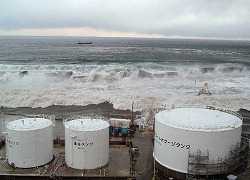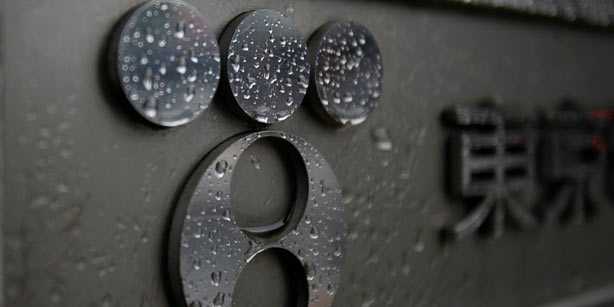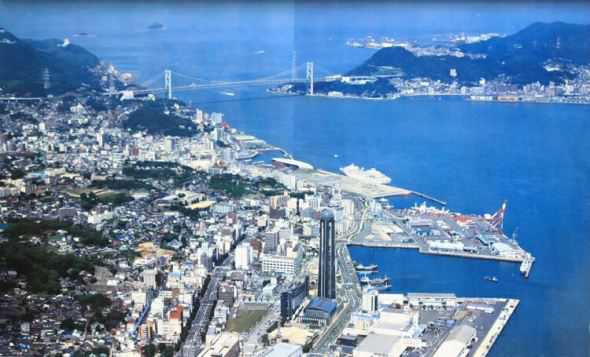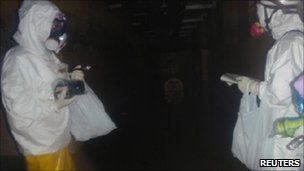Turkey has recently warned that unless the Japanese government clarifies its position on exporting nuclear power plants, from the end of the month Turkey might open up discussions with other countries on buying nuclear plant technology.

In December 2010, Japan won Turkey’s agreement to be given top priority in negotiations for a supplier as Turkey plans its first nuclear power plants. However, after the Great East Japan Earthquake in March, negotiations were frozen at the request of the Japanese side. Turkey extended the negotiations to the end of July, but it appears to hold doubts over the Japanese government’s support for nuclear technology exports after Prime Minister Naoto Kan’s comments that Japan should free itself from dependence on nuclear energy and review its exports of nuclear plant technology.
The Ministry of Economy, Trade and Industry (METI) appeared unshaken by Turkey’s warning, with a high-ranking member saying, “It’s not an unusual tactic in such negotiations. We will respond calmly.”
Behind that confidence is the view, expressed by METI minister Banri Kaieda, that similarly quake-prone Turkey “has faith in Japanese nuclear power technology” even after the March 11 earthquake.
Additionally, a high-level executive at a nuclear power equipment maker says, “There are many countries that say they want Japan’s nuclear power plant technology.”
METI, the Ministry of Foreign Affairs (MOFA) and related corporations have showed their intention to continue trying to sell nuclear technology.
However, the Cabinet is divided. While METI minister Kaieda holds to his support for exporting Japan’s nuclear technology, Prime Minister Kan has shown his support for a review of such exports. Under such circumstances, one METI official said, “It’s understandable that Turkey would be unsettled.”
A high-ranking official of METI’s Agency for Natural Resources and Energy will visit Turkey within the week to better grasp its position, but until the Japanese government’s position on the issue is decided, it will likely be difficult for Japan to move negotiations in a favorable direction.
In the case of Turkey, Toshiba Corp. has been negotiating for equipment orders with the Japanese government’s support. On Toshiba’s request, Tokyo Electric Power Co. (TEPCO) had been planned to provide technical knowledge. However, on July 26 TEPCO, saddled with the issue of compensation for the Fukushima nuclear disaster, emphasized that it “will not be involved with nuclear power plant exports.”
Furthermore, on May 20 TEPCO had announced, “To reduce costs, we will not be involved with projects other than those absolutely necessary,” showing that it views itself as in no position to be expanding overseas.
Separately, on July 14, Hitachi Ltd. secured top priority from Lithuania in negotiations for selling nuclear plant technology.
In this photo released by Tokyo Electric Power Co. (TEPCO), gray smoke rises from Unit 3 of the tsunami-stricken Fukushima Dai-ichi nuclear power plant in Okumamachi, Fukushima Prefecture, Japan, Monday, March 21, 2011. (AP Photo/Tokyo Electric Power Co.)
A Toshiba spokesperson said, “Unlike Lithuania, where the equipment maker negotiated directly with the other country, the Turkey case depends on Japanese government policy. Unless both governments decide on a framework, we cannot act.”
A high-ranking executive of one equipment maker said, “We will feel out the possibility of independently negotiating with countries, without relying on the government.”
(Mainichi Japan) July 27, 2011
via Turkey warns it may buy nuclear tech from another country if Japan doesn’t clarify stance – The Mainichi Daily News.







